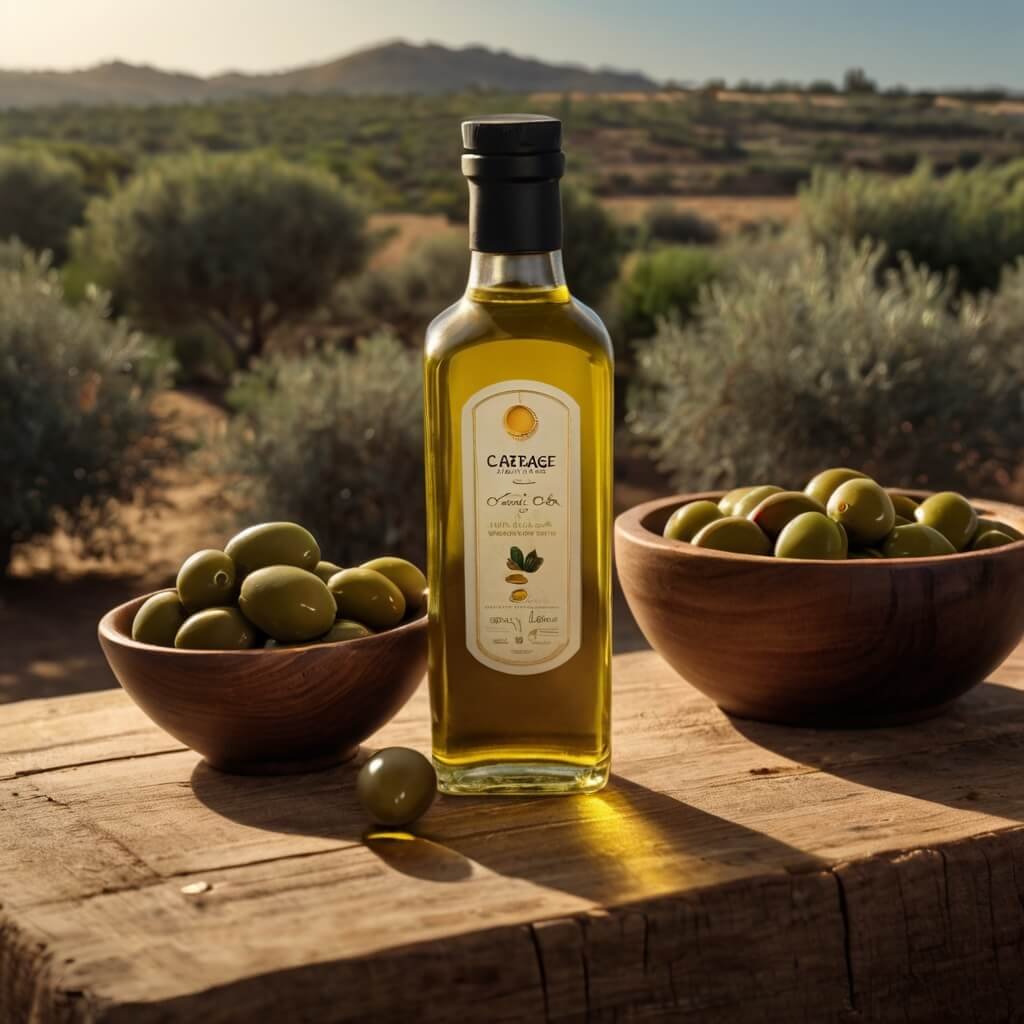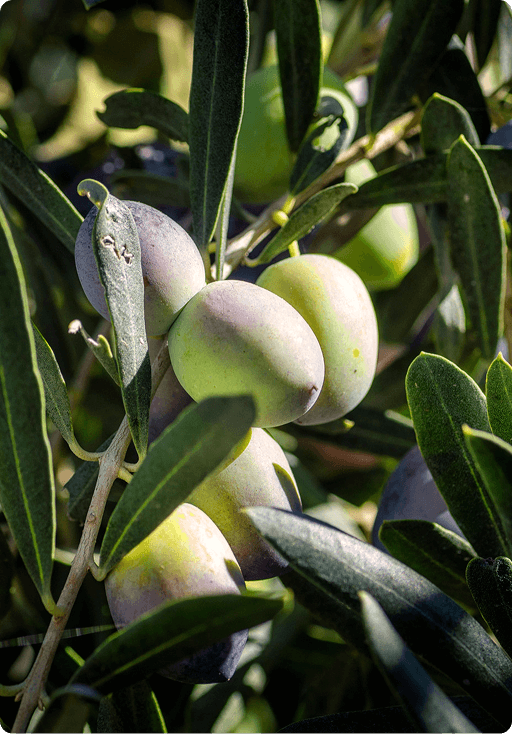
In the world of gourmet kitchens, wellness trends, and Mediterranean diets, one question keeps popping up more and more: Is olive oil from Tunisia good?
It’s a valid curiosity. Italy, Spain, and Greece have long dominated the olive oil narrative, hogging the spotlight like rockstars at a food awards show. But Tunisia, the quiet, sun-drenched country on Africa’s northern coast, is finally making noise in the global olive oil scene. And it’s not just hype. Tunisian olive oil has won gold medals, caught the eye of Michelin-star chefs, and is slowly becoming a must-have in health-conscious pantries.
So, let’s go deep. Like really deep. We’re going to uncover what makes Tunisian olive oil different, how it’s made, how it stacks up against the big names, and most importantly, if it’s worth a spot on your shelf.
Before Tunisia became an underdog in today’s olive oil market, it was a legend in ancient times. Olive cultivation in Tunisia goes back over 3,000 years. Phoenicians, Carthaginians, Romans, they all planted groves, harvested olives, and pressed them using ancient stone mills. In fact, some of the same olive trees still producing today were planted during Roman rule.
Tunisia’s geography, hot sun, cool sea breezes, and chalky soil, is olive-growing heaven. Combine that with centuries of expertise passed down through generations, and you get something rare: an olive oil that’s both deeply traditional and organically evolved.
You want the truth? The process is where the magic happens.
Tunisia mostly grows two types of olives: Chemlali and Chetoui. These are native varieties that thrive in Tunisia’s climate. Chemlali olives are softer and oil-rich, perfect for smooth, delicate oils. Chetoui, on the other hand, is punchier and more robust, ideal for oils with a peppery finish and high antioxidant content.
Here’s how the best producers do it:
This cold-extraction process protects the flavor and the health benefits. Good Tunisian extra virgin olive oil (EVOO) doesn’t just meet the global standard; in many cases, it beats it.
If you’ve ever tried olive oil from Tunisia, the first word that might come to mind is: bold.
Depending on the region and olive variety, Tunisian olive oil can be:
Chemlali is mild and smooth, making it perfect for everyday cooking, salad dressings, and marinades. Chetoui is stronger, great for dipping bread, finishing soups, or pairing with cheese.
Bonus: Tunisian oils often contain high levels of polyphenols, which give the oil that slightly bitter, peppery kick (and also crazy good health benefits more on that soon).
Let’s talk polyphenols. If you’ve read anything about olive oil being healthy, polyphenols are probably the reason why.
These are powerful antioxidants found naturally in olives. They:
Tunisian olive oil, especially from Chetoui olives, is loaded with polyphenols. Some studies show Tunisian oils contain higher polyphenol levels than even the most expensive Italian brands. That’s one reason it’s becoming a favorite among nutritionists and wellness gurus.
This is where Tunisia shuts the skeptics up.
Over the last decade, Tunisian olive oil has racked up hundreds of international awards:
Many bottles labeled ‘Made in Italy’ or ‘Imported from Spain’ actually contain Tunisian oil; it’s that good. Big brands buy bulk from Tunisia and rebrand it as their own.
So yes, it’s legit. And often, when you think you’re eating premium Italian oil… you might already be enjoying Tunisia’s best-kept secret.
Short answer: Yes.
Long answer: Tunisia follows international standards for extra virgin olive oil production, including IOC and EU guidelines. Organic farming is common, especially among premium exporters. Most quality producers test their oil for:
If you’re buying from a reputable source (like Carthage Oil), you’re not just getting safe oil; you’re getting one of the cleanest, most transparent food products on the market.
Let’s get spicy.
| Feature | Tunisia | Italy |
|---|---|---|
| Price | Affordable | Expensive |
| Polyphenols | Often higher | Varies |
| Taste | Bold, earthy | Fruity, balanced |
| Branding | Underrated | Overhyped |
| Transparency | Increasing | Depends on brand |
Italian olive oil is amazing, no doubt. But Tunisia offers equal or better quality at a fraction of the price. It’s not about replacing Italy. It’s about finally recognizing that Tunisia belongs at the same table.
A quick Google search shows thousands of 5-star reviews for Tunisian olive oil brands, especially for their organic, extra virgin, and high-polyphenol lines.
The people have spoken, and they’re loving it.
Not all oils are created equal. If you want the good stuff:
Let’s not sugarcoat it: Tunisian olive oil is seriously underrated.
It’s bold, rich in antioxidants, rooted in centuries of tradition, and, most importantly, it delivers insane value for money. Whether you’re a home chef, health nut, or just someone tired of overpriced Italian blends, Tunisia offers something real.
So next time you’re browsing for olive oil, skip the big brands. Reach for something that’s been quietly mastering the craft for millennia.
Tunisian olive oil? It’s not just good. It’s world-class.
Want to taste the difference for yourself? Try a bottle of premium Tunisian extra virgin olive oil from Carthage Oil, and experience why the world is finally paying attention.
Share Post:

Unlock a deeper connection with your kitchen, culture, and health.
Subscribe and be the first to experience the world of award-winning Tunisian extra virgin olive oil cold-pressed, antioxidant-rich, and rooted in centuries of tradition.
Get insider-only recipes, wellness tips, early access to new harvests, and members-only deals starting with 5% off on your first purchase.